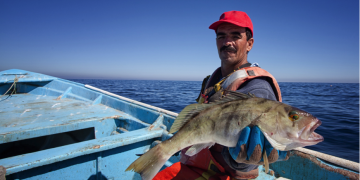Ecological restoration of natural habitats
Environmental Education Programme
Awareness raising and information for local and foreign visitors
Participatory Sustainable Tourism Planning
Monitoring of Azores bullfinch population and restoration success
Production of native and endemic plants
